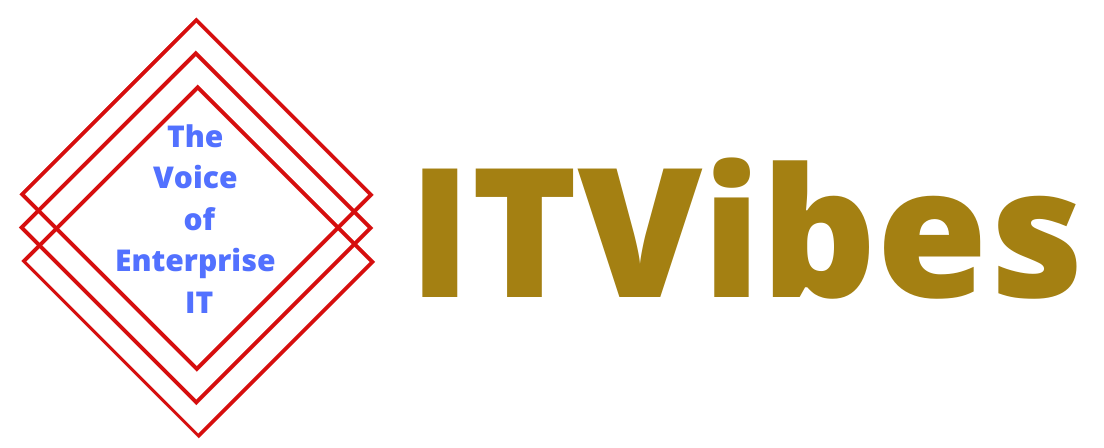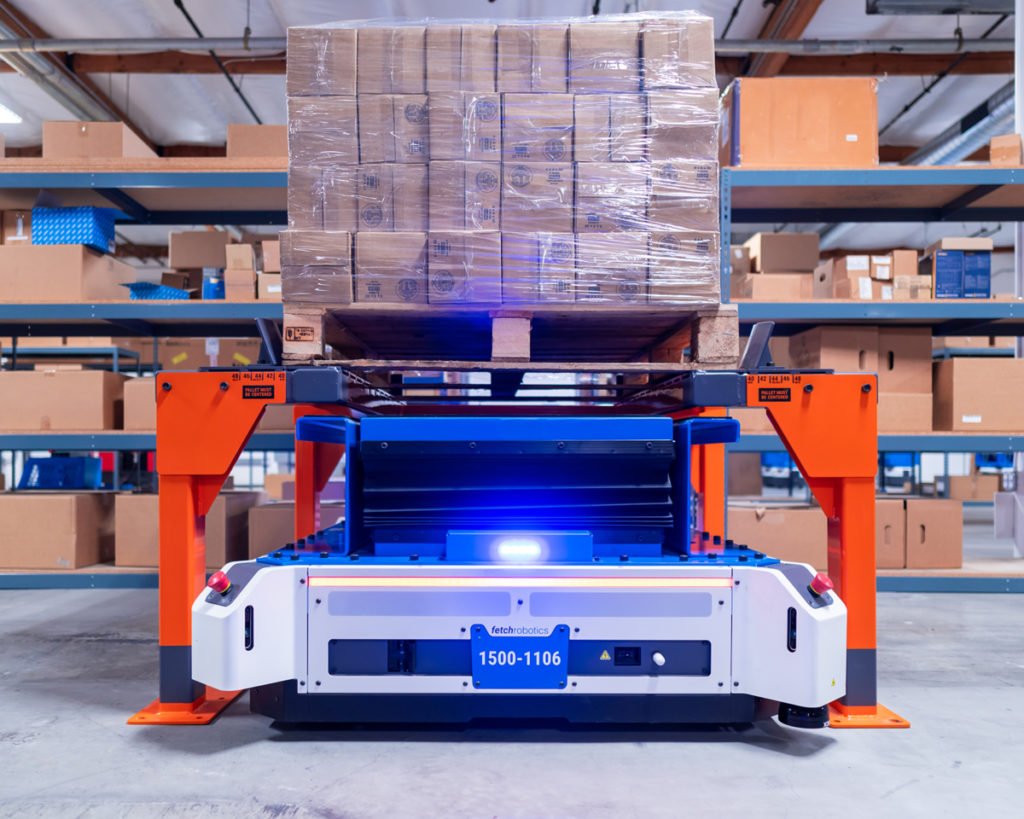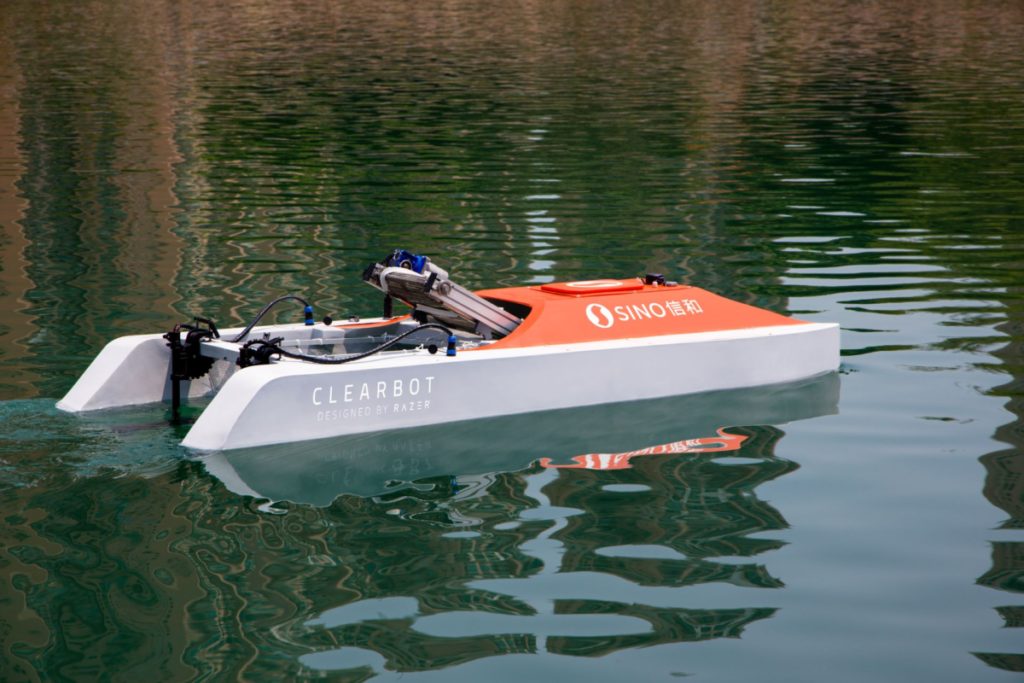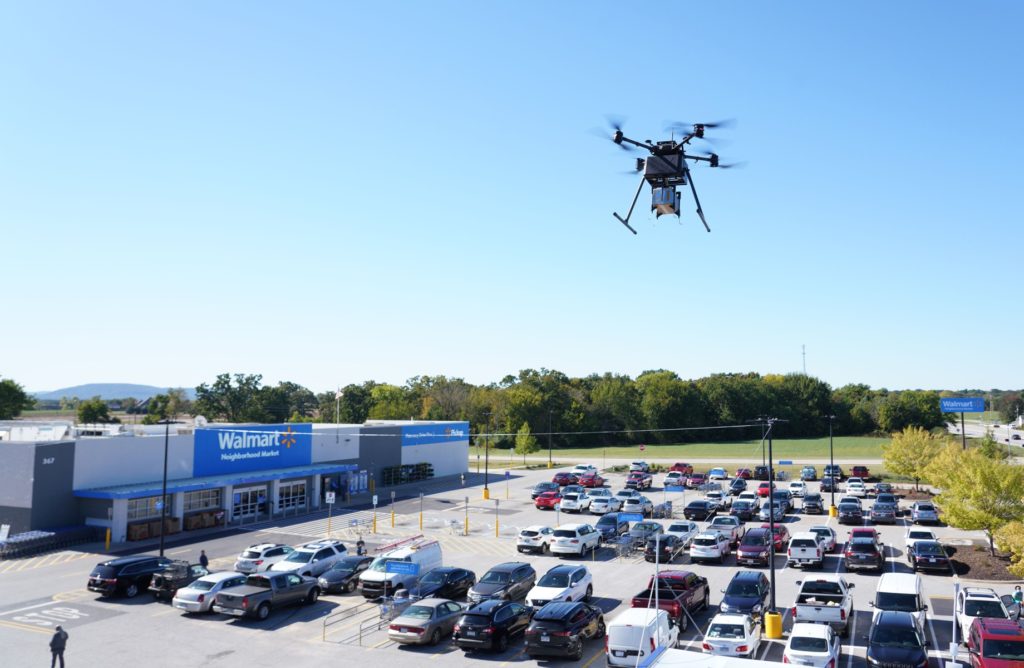The annual Global Supply Chain Top 25 rankings from Gartner have been made public. The rating identifies and promotes the top supply chains and their best practices.
Nineteen organisations achieved the highest possible environmental, social, and governance (ESG) score this year, according to Mike Griswold, VP of Gartner Supply Chain responsible for the top 25 rankings.
Cisco Systems topped the Gartner list of supply chain 25 for a third consecutive year. Cisco surpassed Schneider Electric, Colgate-Palmolive, Johnson & Johnson, and PepsiCo (see table below).
Three new companies have been added to the list this year: Microsoft, Siemens, and AstraZeneca.
Cisco “continues to adapt to the changing environment in a variety of ways, and its supply chain moves in sync,” according to Mr Griswold.
| Rank | Company | Composite Score |
| 1 | Cisco Systems | 6.71 |
| 2 | Schneider Electric | 6.03 |
| 3 | Colgate-Palmolive | 5.76 |
| 4 | Johnson & Johnson | 5.62 |
| 5 | PepsiCo | 5.03 |
| 6 | Pfizer | 4.86 |
| 7 | Intel | 4.72 |
| 8 | Nestlé | 4.70 |
| 9 | Lenovo | 4.60 |
| 10 | Microsoft | 4.58 |
| 11 | L’Oréal | 4.45 |
| 12 | The Coca-Cola Company | 4.36 |
| 13 | Nike | 4.31 |
| 14 | Walmart | 4.12 |
| 15 | HP Inc. | 3.99 |
| 16 | Diageo | 3.95 |
| 17 | Dell Technologies | 3.94 |
| 18 | Inditex | 3.93 |
| 19 | BMW | 3.76 |
| 20 | AbbVie | 3.66 |
| 21 | Siemens | 3.42 |
| 22 | AstraZeneca | 3.40 |
| 23 | General Mills | 3.31 |
| 24 | British American Tobacco | 3.23 |
| 25 | Alibaba | 3.15 |
The Four Macro Trends Embraced By The Gartner Supply Chain Top 25
The CSCO as Chief Ecosystems Officer
Gartner’s Supply Chain Top 25 companies have their CSCOs becoming Chief Ecosystems Officers.
In recent years, CSCOs have become drivers of new business models, sustainability efforts and commercial innovation.
To fulfil their new responsibilities, supply chain leaders are looking beyond their own company. They are striving to create coopetition-based ecosystems to address larger-scale challenges.
Self-Stabilizing Supply Chains
To become more agile in the face of ongoing disruption, leading supply chains have transformed their decision-making processes and funding.
Automation is a critical area with the inevitable use of AI in the years.
Some have deployed temporary transformation teams to address near-term challenges in the business, knowing they will return to their day-to-day work once the environment has stabilized.
Progress on Broader Sustainability Agenda
In high-tech industry, circular economy model is gaining popularity
Leading supply chains have announced ambitious “net zero” goals that include Scope 3 emissions reductions with suppliers and customers.
“Companies such as Walmart, Microsoft and Unilever have formal programs in place to track the status of supplier reduction projects and quantify the resulting reductions over time,” Griswold added.
Also read: Walmart Expands Drone Delivery To Reach 4M Households
Human-Centric Digital Automation
Executives are recognising cases where humans perform better than machines
Supply chain leaders are tasked with balancing long-term investments in automation with immediate investments in technologies.
Technologies are also deployed to reduce employee cognitive load and prioritize areas where people perform better than machines, such as relationship building and responding to new operating conditions.
There are also cases where people perform better with machines.
For example, warehouse or factory workers can increase their productivity by working with cobots.
“To prepare their employees for the future, leaders are prioritizing programs that train digital literacy and dexterity.
These educational and applied learning programs enable employees to use data-driven analytics for more informed decision-making in their roles,” Griswold concluded.
















